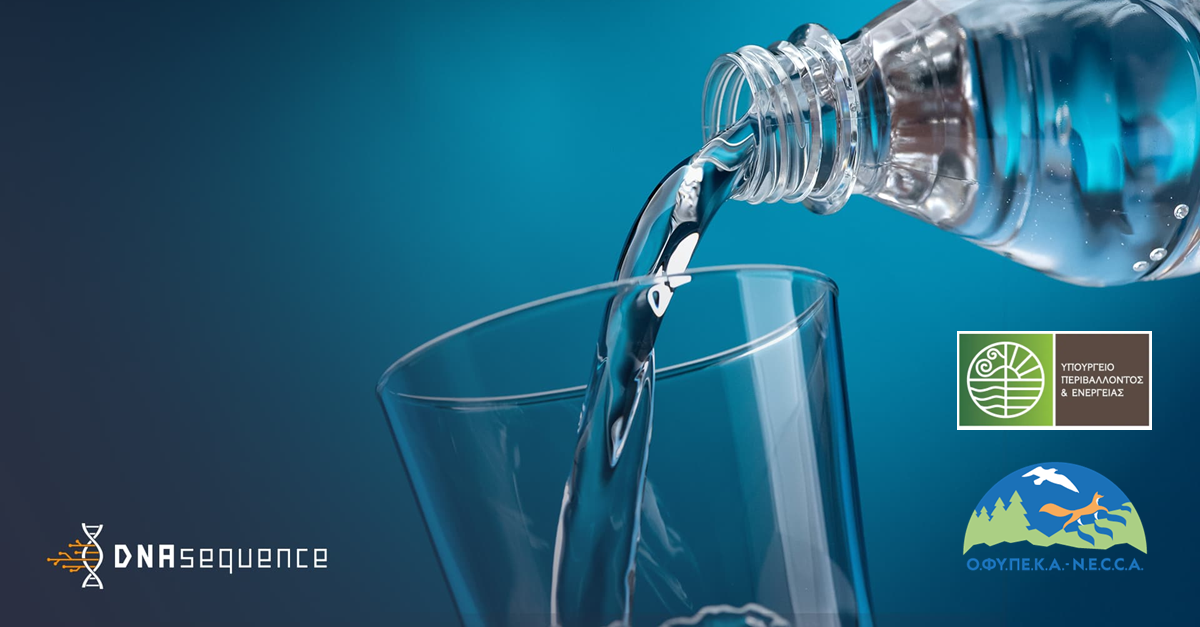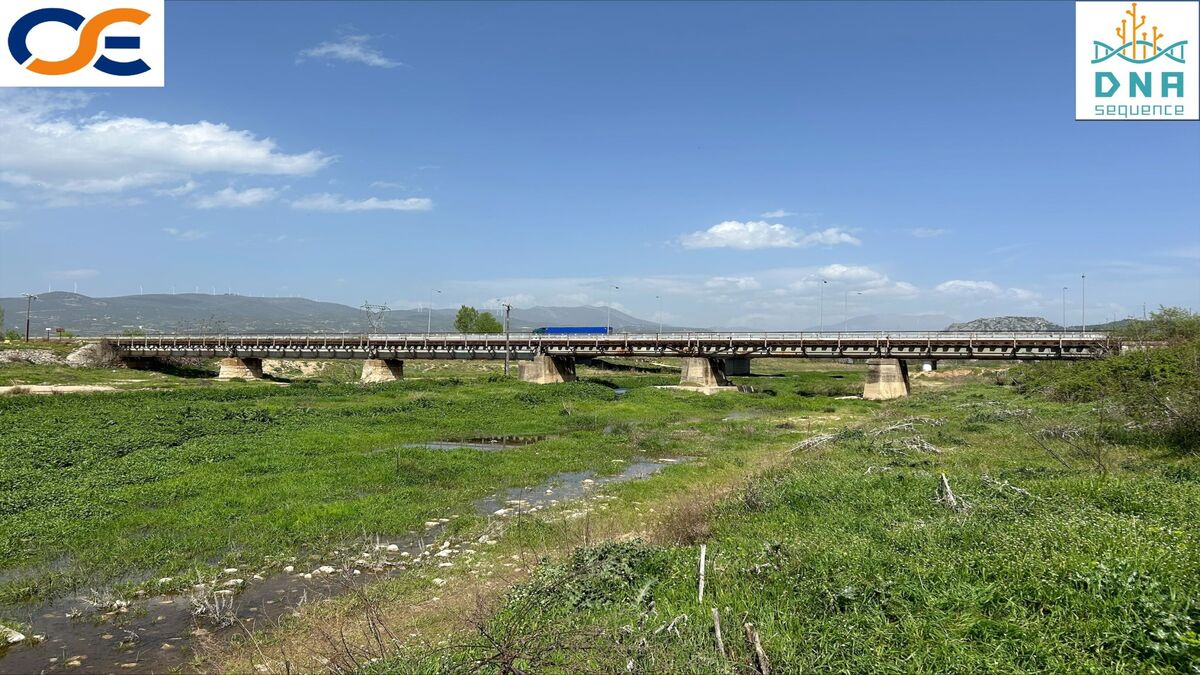DNASequence is pleased to announce a collaboration with the Athens Naval Hospital, in a pilot metagenomic study for the analysis of clinical samples from Intensive Care Units (ICUs) patients.
This study is carried out for the first time in Greece and aims to detect pathogens and antimicrobial resistance genes with high accuracy, as well as to evaluate the laboratory and bioinformatic protocols dedicated to clinical samples.
This study is also part of the effort of DNASequence to expand its services in human clinical samples.
This study is carried out for the first time in Greece and aims to detect pathogens and antimicrobial resistance genes with high accuracy, as well as to evaluate the laboratory and bioinformatic protocols dedicated to clinical samples.
This study is also part of the effort of DNASequence to expand its services in human clinical samples.











